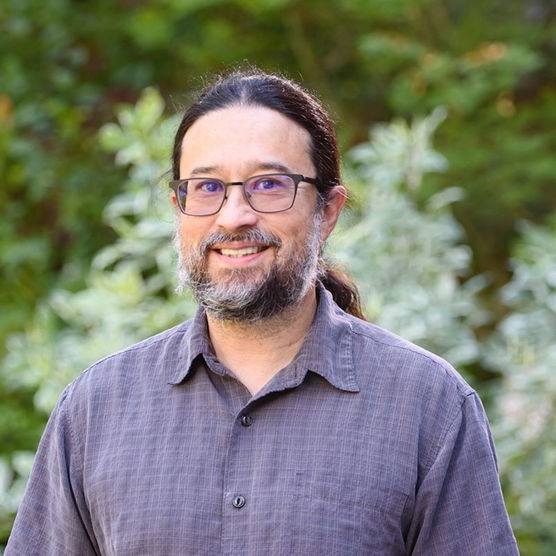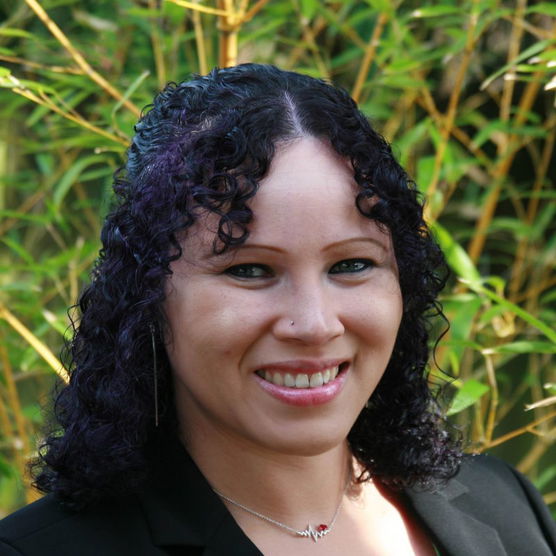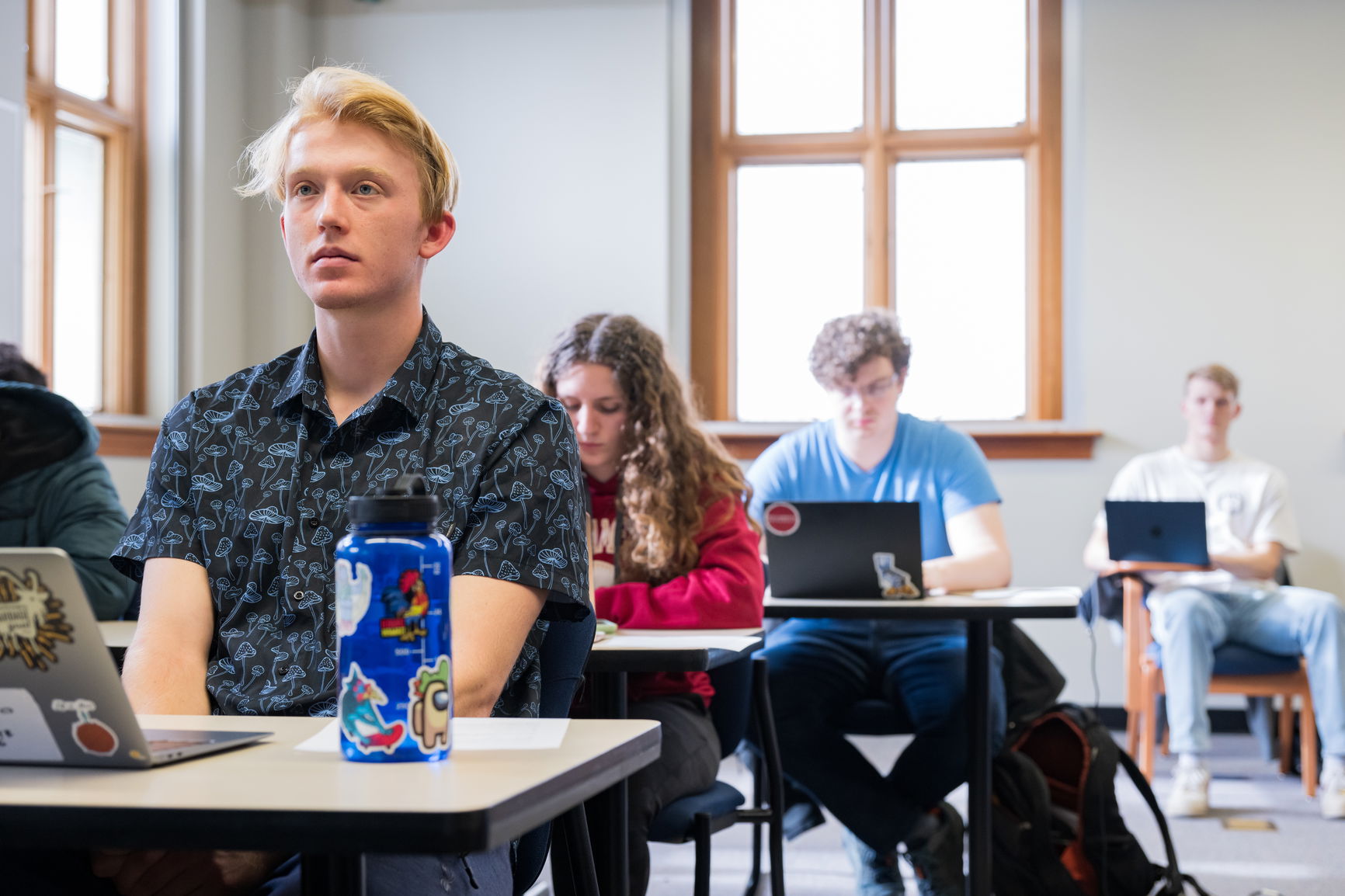Meet Professor Kitada Smalley
Dr. Heather Kitada Smalley is an applied statistician with expertise in survey statistics, methodology, and data visualization. She is dedicated to student success through joint research projects and hands-on teaching in courses.






